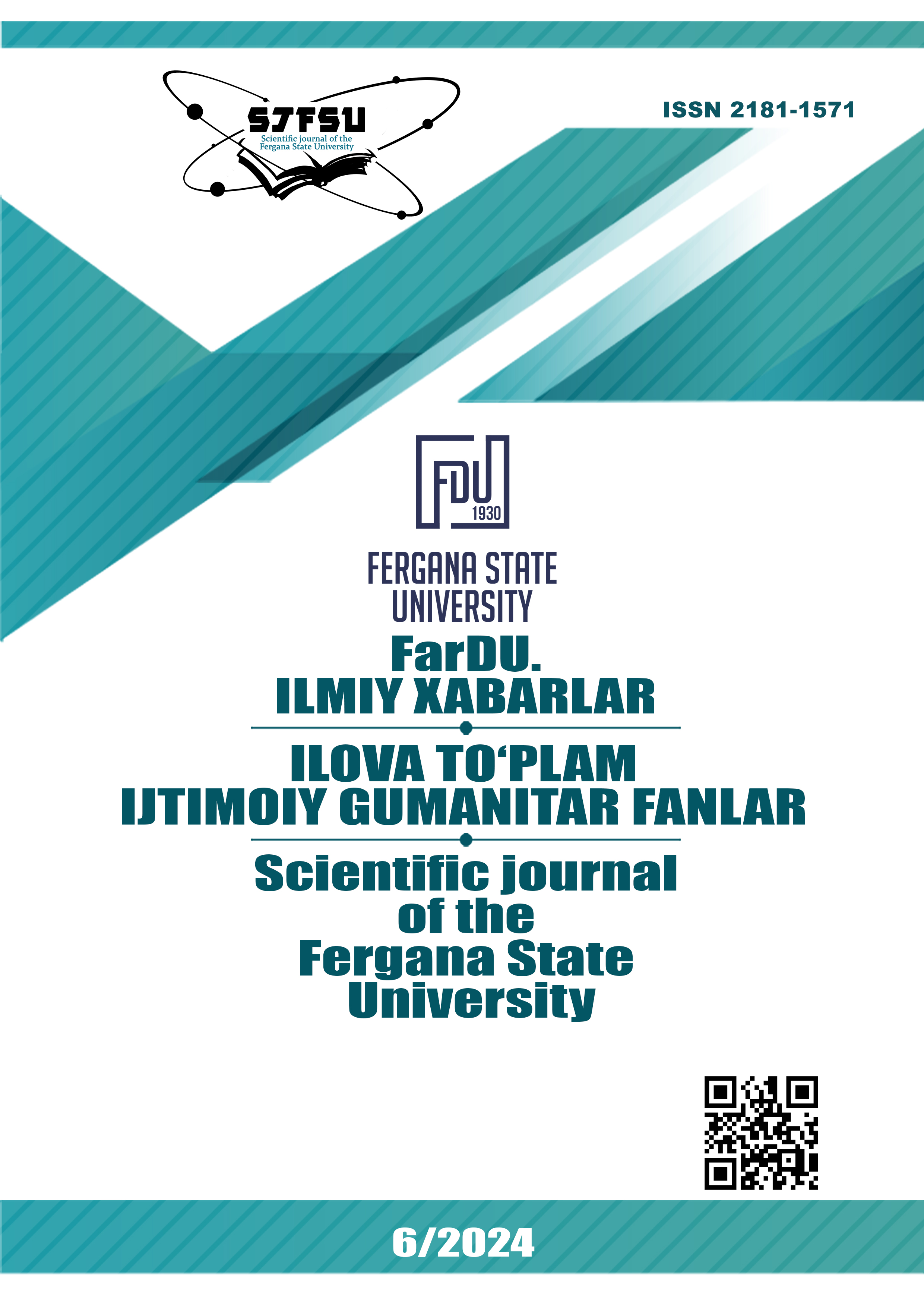Intensification and Deintensification Expressed Through Hyperbola in English Novels
Keywords:
Intensification, deintensification, hyperbola, narrative prose, narrative context, discourse, tension, emotional intensity, dynamic emotional landscapeAbstract
This study examines the linguistic features of intensification and deintensification expressed through hyperbolic language in English novels, focusing on how authors manipulate hyperbole to amplify or diminish emotional and thematic elements. By analyzing both historical and contemporary works, the research identifies recurring patterns in the deployment of hyperbole, suggesting that it serves as a crucial rhetorical tool for emotional engagement and thematic resonance. The findings contribute to a deeper understanding of how hyperbole operates within narrative structures to shape reader perception.
References
Brontë, E. (1847). Wuthering Heights. Thomas Cautley Newby.
Claridge, C. (2011). Hyperbole in English: A Corpus-Based Study of Exaggeration. Cambridge University Press.
Joyce, J. (1922). Ulysses. Shakespeare and Company.
McCarthy, M. (2004). "Exaggeration and Hyperbole in Spoken Discourse." Journal of Pragmatics, vol. 36, no. 6, pp. 857-881.
Smith, Z. (2000). White Teeth. Penguin Books.
Brown, P. (2006). "Hyperbole and Its Role in Communication." Linguistic Inquiry, vol. 37, no. 4, pp. 623-655.
JSTOR. (2018). "Hyperbole and Literary Criticism." Literary Journal, vol. 45, pp. 33-40.
Downloads
Published
Issue
Section
License
Copyright (c) 2025 Scientific journal of the Fergana State University

This work is licensed under a Creative Commons Attribution-NonCommercial-NoDerivatives 4.0 International License.
How to Cite
Most read articles by the same author(s)
- Qurbonov Nasibullo Xabibullo o‘g‘li, THE POSITIVE EFFECTS OF VIDEO GAMES IN TEACHING ENGLISH TO BEGINNER-LEVEL LEARNERS , Scientific journal of the Fergana State University: No. 3 (2024): Scientific journal of the Fergana State University. Application set (Social humanities sciences)

